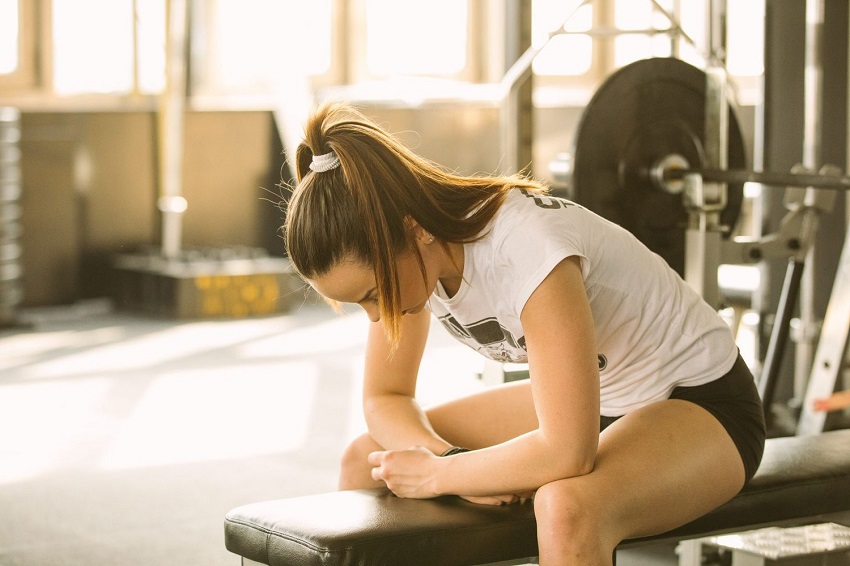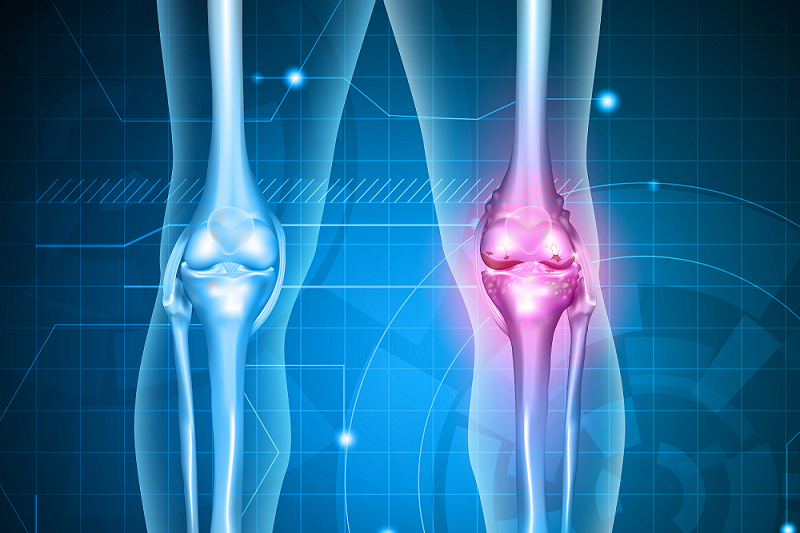Have you ever experienced a surge of anxiety after a workout session? It’s not uncommon for individuals to feel anxious or uneasy post-exercise, and this phenomenon can leave you wondering why it happens. In this article, we will explore the various factors that contribute to anxious after workout and provide insights on how to mitigate it effectively. So, let’s dive right in!
Understanding Post-Workout Anxiety
Exercise is known for its numerous benefits, such as improved physical fitness, increased energy levels, and enhanced mood. However, it’s essential to recognize that anxiety after working out is a genuine experience for many individuals. The causes of post-workout anxiety can vary, and it’s crucial to identify potential factors to address and overcome this issue effectively.
The Role of Hormones
One significant contributor to post-workout anxiety is the role of hormones in our bodies. During exercise, our bodies release various hormones, including adrenaline and cortisol, as part of the natural stress response. While these hormones are essential for performance and energy, their elevated levels can lead to feelings of anxiety or uneasiness after a workout.
Overstimulation of the Nervous System
Intense exercise can overstimulate the sympathetic nervous system, which is responsible for the body’s fight-or-flight response. When the sympathetic nervous system remains activated for an extended period, it can result in heightened feelings of anxiety and restlessness. Understanding this connection is vital in managing post-workout anxiety effectively.
Physical Exertion and Mental Fatigue
Engaging in vigorous physical activity requires both physical exertion and mental focus. Pushing ourselves to our limits during a workout can lead to mental fatigue, especially if we are dealing with stress or other emotional factors. This mental fatigue can manifest as anxiety, even after we’ve completed our exercise session.
Body Image and Performance Pressure
In today’s society, there is often an emphasis on physical appearance and performance. Some individuals may experience anxiety after a workout due to concerns about their body image or performance compared to others. This pressure can create feelings of self-doubt and anxiety, even when the exercise itself was beneficial.
Coping Strategies for Post-Workout Anxiety
Now that we’ve explored some of the factors contributing to post-workout anxiety let’s delve into effective coping strategies to help mitigate these feelings and promote a sense of well-being.
1. Mindfulness and Relaxation Techniques
Engaging in mindfulness practices such as deep breathing exercises, meditation, or yoga can be highly effective in reducing anxiety. By focusing on the present moment and allowing thoughts to pass without judgment, we can cultivate a sense of calmness and alleviate post-workout anxiety.
2. Balancing Intensity and Recovery
It’s crucial to find the right balance between exercise intensity and recovery. Pushing ourselves too hard without adequate rest can lead to increased anxiety levels. Incorporating rest days and practicing active recovery activities like gentle stretching or low-impact exercises can help promote physical and mental well-being.
3. Positive Self-Talk and Affirmations
Combat negative thoughts and self-doubt with positive self-talk and affirmations. Remind yourself of your accomplishments, both inside and outside of the gym. Celebrate your progress, focus on your strengths, and be kind to yourself during the post-workout phase.
4. Seeking Social Support
Don’t underestimate the power of social support. Reach out to friends, family, or a workout buddy who can offer encouragement and understanding. Sharing your feelings and experiences with others can provide reassurance and a sense of belonging, helping to alleviate post-workout anxiety.
5. Gradual Exposure and Goal Setting
If performance-related anxiety is a significant factor, consider setting realistic goals and gradually exposing yourself to new challenges. By breaking down larger goals into smaller, achievable steps, you can build confidence and reduce anxiety over time.
Best Practices for Anxious After Workout
Post-workout anxiety refers to the feeling of unease, restlessness, or worry that some individuals experience after engaging in physical exercise. While exercise is generally considered beneficial for mental health, it’s important to recognize that everyone responds differently, and certain factors can contribute to anxious after workout.
Identifying the Causes
To effectively address post-workout anxiety, it’s crucial to identify the underlying causes. Here are some common factors that may contribute to this condition:
- Physical Exhaustion: Intense workouts or pushing yourself too hard physically can lead to increased anxiety levels.
- Hormonal Imbalances: Exercise affects hormone levels in the body, and imbalances can contribute to mood changes and anxiety.
- Perfectionism and Pressure: Setting high expectations and feeling pressured to achieve certain fitness goals can lead to anxiety.
- Previous Traumatic Experience: Individuals who have had negative experiences related to exercise or physical activity in the past may be more prone to post-workout anxiety.
By understanding these causes, we can now delve into the best practices that can help manage and overcome post-workout anxiety.
Tips to Manage Post-Workout Anxiety
1. Prioritize Recovery
It’s essential to prioritize recovery after a workout to reduce anxiety levels. Here are some tips to help you recover effectively:
- Rest and Relaxation: Allow yourself ample time to rest and recover after exercise. Take breaks between workouts to avoid physical and mental exhaustion.
- Proper Nutrition: Fuel your body with a well-balanced diet to support recovery and maintain stable blood sugar levels.
- Adequate Sleep: Ensure you get enough sleep each night as sleep plays a crucial role in recovery and overall well-being.
2. Practice Mindfulness
Mindfulness techniques can help calm the mind and reduce post-workout anxiety. Consider the following practices:
- Deep Breathing: Engage in deep breathing exercises to regulate your breathing and promote relaxation.
- Meditation: Set aside time for meditation sessions to calm the mind and improve focus.
- Yoga or Stretching: Incorporate gentle yoga or stretching routines into your post-workout regimen to relax both the body and mind.
3. Incorporate Relaxation Techniques
In addition to mindfulness practices, certain relaxation techniques can significantly alleviate post-workout anxiety:
- Progressive Muscle Relaxation: Learn and practice progressive muscle relaxation techniques to release tension and promote a state of relaxation.
- Guided Imagery: Utilize guided imagery exercises to create positive mental images and counteract anxious thoughts.
- Hydrotherapy: Consider incorporating hydrotherapy techniques such as hot and cold showers or baths to relax muscles and improve overall well-being.
4. Establish a Supportive Routine
Creating a supportive routine can help reduce anxiety and provide structure to your post-workout recovery. Consider the following elements:
- Consistent Schedule: Establish a regular exercise schedule that suits your lifestyle and allows for proper rest and recovery.
- Social Support: Surround yourself with supportive individuals who understand your fitness goals and can provide encouragement.
- Journaling: Maintain a journal to track your progress, reflect on your feelings, and identify patterns or triggers for post-workout anxiety.
5. Seek Professional Help
If post-workout anxiety persists or significantly affects your daily life, it’s important to seek professional help. A qualified mental health professional can provide personalized guidance and support tailored to your specific needs.
Conclusion
Experiencing anxious after workout is a common phenomenon that many individuals encounter. By understanding the contributing factors and implementing effective coping strategies, you can minimize post-workout anxiety and fully reap the benefits of your exercise routine. Remember, it’s essential to prioritize your mental and emotional well-being alongside your physical fitness goals.
So, the next time you feel anxious after a workout, take a deep breath, remind yourself of your progress, and embrace the journey towards a healthier and happier you!




